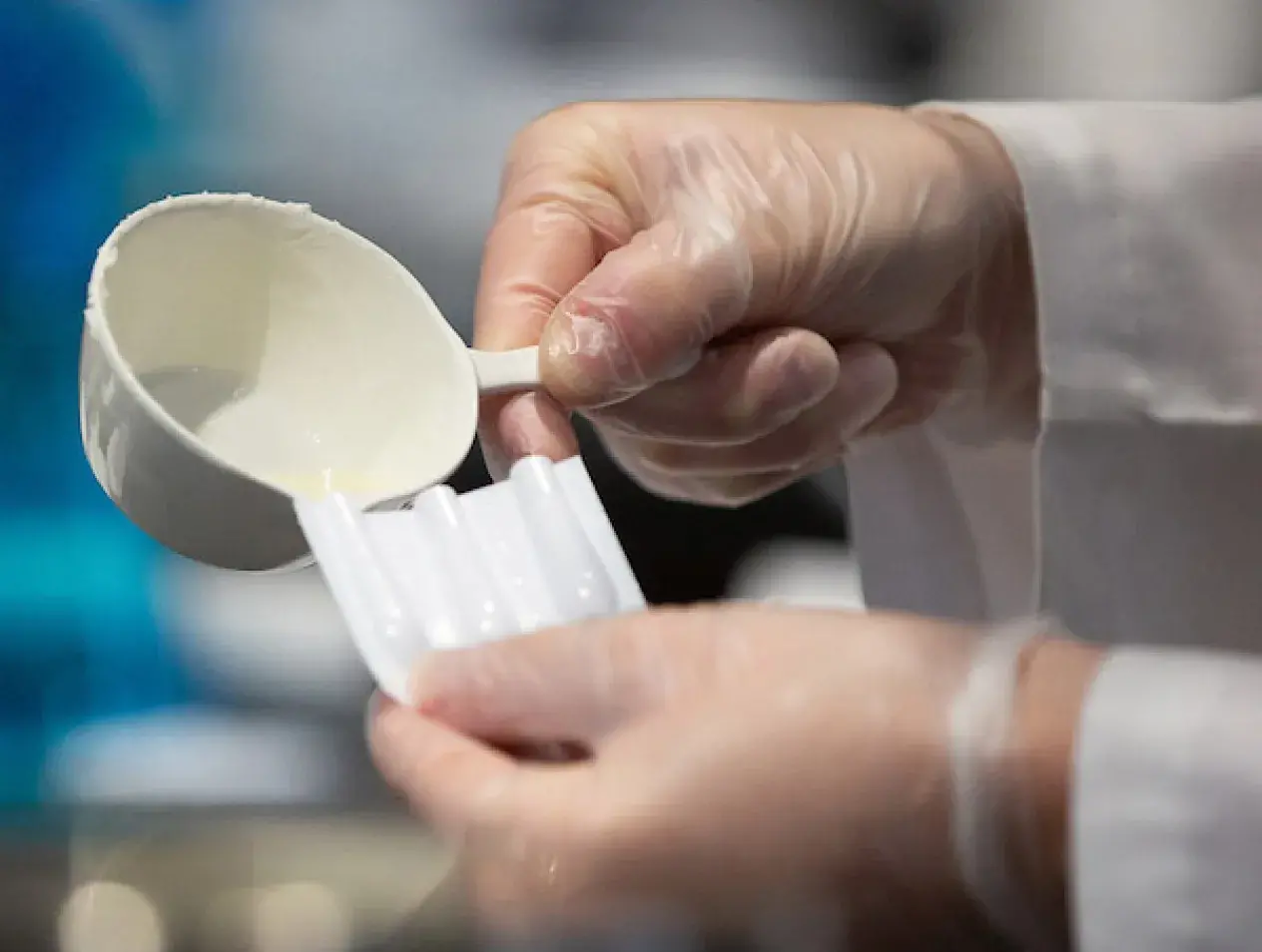
Tyler Brisso
Pharmacy student researcher Tyler Brisso, who will graduate from Creighton this year with a doctorate in pharmacy, developed a better and lower cost approach to preventing pancreatitis.
Improving Patient Outcomes
During a clinical rotation in a hospital, Creighton School of Pharmacy and Health Professions senior Tyler Brisso was asked to review published articles that discussed the benefit of using non-steroidal anti-inflammatory drugs (NSAIDs) to prevent patients who underwent endoscopic retrograde cholangiopancreatography (ERCP) from developing pancreatitis.
Brisso’s research showed there may be a benefit in providing NSAIDs before the patient undergoes ERCP. He then helped create a compounding recipe that reduced the cost to the patient and the health system.
We put some questions to him:

Where are you from, and what degree are you pursuing?
Council Bluffs, Iowa. Doctor of Pharmacy.
What research are you doing?
I evaluated literature regarding the use of non-steroidal anti-inflammatory drugs (NSAIDs) for prophylaxis of pancreatitis before undergoing endoscopic retrograde cholangiopancreatography (ERCP). Patients who indicate a need for ERCP (i.e. blockage of biliary or pancreatic ducts due to stone formation or having to place a stent to help open a duct) are at an increased risk for developing pancreatitis which involves inflammation of the pancreas.
Why is research important to you?
Research can be an important part of health care in terms of improving patient outcomes.
What’s the importance of your research project?
After evaluating current studies suggesting the benefit of NSAIDs, I proposed an alternative to the commercially available product used to prevent Post-ERCP Pancreatitis (PEP).
The literature recommends the only effective way to prevent PEP is through rectal NSAID use, and the commercially available product would require two rectal suppositories to achieve an effective dose. The alternative would require only a single suppository and would save the health system approximately $100,000 per year.
What are your plans after graduating?
I would like to stay in the Iowa/Nebraska area and work in a clinical pharmacy role where I can help provide patient-centered care.
Would you recommend research to incoming students?
I think every student should be introduced to the idea of research. Learning how to analyze results can allow a professional to make decisions that are most likely to result in the improvement of an individual's physical function, and/or mental status, and quality of life.


